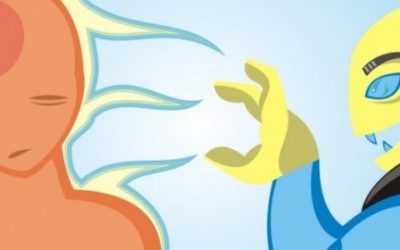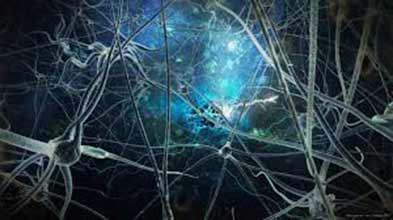When a narcissistic parent experiences a “narcissistic injury”, such as a divorce, they do not feel normal grief like a typical person; rather, they experience a narcissistic wound to their fragile ego, which is manifested as anger and rejection of the other parent.
When parental alienation occurs, it is because the narcissistic parent has implied to the child that the other parent is the “bad” parent and is the one causing the child’s pain. The implications can be subtle and covert, in some cases not speaking about the other parent occurs in order to alienate their existence.
The child internalizes the narcissistic parent’s anger and resentment toward the other parent and also rejects the other parent.
When the child is with the healthier parent, who is able to attach in a healthy way, painful emotions are brought up because the child needs/wants to bond, but they are conflicted because they have bought in to the theory that this parent is bad, which leads to feelings of alienation and sadness.
When the child is with the narcissistic parent, there is no attachment motivation available because of the nature of narcissistic relationships, and the child does not feel bad.
This is because when the child is with the non-narcissistic parent he or she feels the natural grief response, which is painful, and when the child is with the narcissistic parent he or she does not feel the grief response.
The child interprets this incorrectly thinking that they feel bad because the non-narcissistic parent is abusive.
Suffice it to say that the parent alienation syndrome is created by the personality disordered parent by means of covert manipulation of the child based on the disordered parent’s delusional beliefs and ego defence mechanisms which are activated by the threat of abandonment by the other parent.











0 Comments